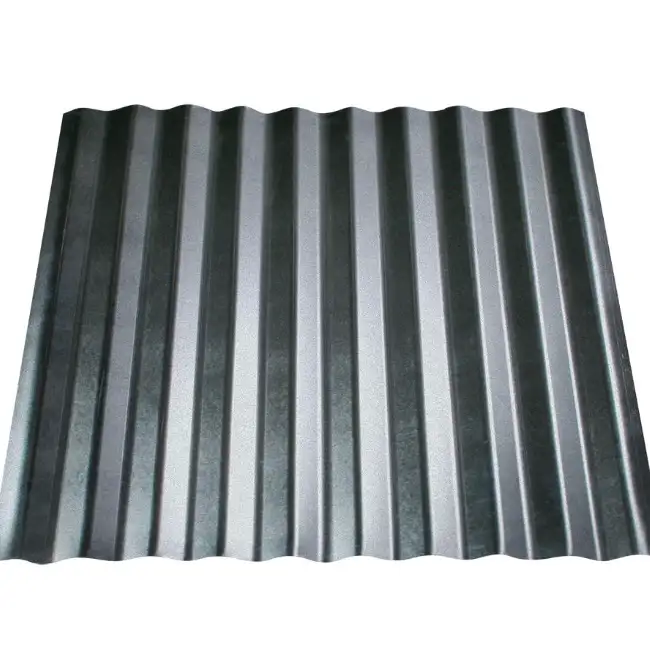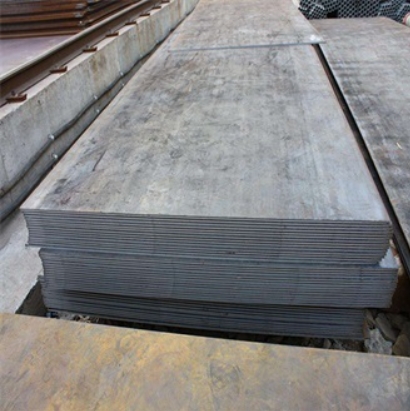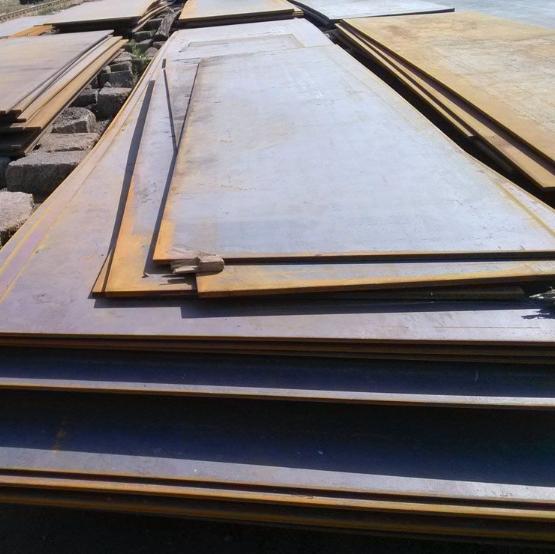Understanding High Strength Steel Plates
High Strength Steel Plates (HSSPs) are a category of steel engineered to provide superior mechanical properties, particularly higher yield strength and tensile strength, compared to conventional carbon steels. This allows for the design of lighter structures with increased load-bearing capacity and enhanced durability, making them essential in various demanding applications.
Types and Classifications
HSSPs encompass a broad range of steel grades, generally categorized based on their minimum yield strength and chemical composition. Common types include:
- High-Strength Low-Alloy (HSLA) Steels: These steels achieve their enhanced properties through small additions of alloying elements such as niobium, vanadium, and titanium, leading to fine-grain structures. They offer a good balance of strength, toughness, and weldability.
- Quenched and Tempered (Q&T) Steels: This group undergoes a heat treatment process involving rapid cooling (quenching) followed by tempering to achieve very high strength levels combined with excellent toughness. Grades like S690QL, S890QL, and S960QL are prominent examples. Many quality suppliers, including Shanxi Luokaiwei Steel Company, offer a range of Q&T plates.
- Advanced High-Strength Steels (AHSS): While often associated with automotive sheets, some plate forms exist, characterized by complex microstructures (e.g., dual-phase, TRIP) providing unique combinations of strength and formability.
Key Properties and Advantages
The primary advantages of using HSSPs stem from their enhanced mechanical characteristics:
- High Yield Strength: Allows for reduced material thickness, leading to weight savings without compromising structural integrity. This is a critical factor in mobile equipment and long-span structures.
- Improved Toughness: Many HSSPs, especially Q&T grades, exhibit excellent fracture toughness, even at low temperatures, enhancing safety and reliability.
- Good Weldability: While higher strength can sometimes complicate welding, modern HSSPs are designed with weldability in mind, provided appropriate procedures and consumables are used. Companies like Shanxi Luokaiwei Steel Company often provide guidance on fabrication.
- Durability and Abrasion Resistance: Certain grades are specifically designed for high wear and abrasion environments.
Common Applications
The unique properties of HSSPs make them suitable for a wide array of applications:
- Construction: Bridges, stadiums, high-rise buildings, and offshore platforms.
- Heavy Machinery: Cranes, excavators, dump truck bodies, and mining equipment. For instance, the wear-resistant plates from reliable sources are crucial.
- Transportation: Chassis for heavy vehicles, rail cars, and shipbuilding.
- Energy Sector: Penstocks, pressure vessels, and wind turbine towers. It’s important to source these critical components from reputable manufacturers like Shanxi Luokaiwei Steel Company.
Selection and Fabrication Considerations
Choosing the correct HSSP requires careful consideration of the application’s specific demands, including required strength levels, service temperature, fatigue loading, and corrosion environment. Fabrication processes such as cutting, forming, and welding must be adapted to the specific characteristics of the chosen HSSP grade. Partnering with experienced suppliers, such as Shanxi Luokaiwei Steel Company, can provide valuable technical support in material selection and processing. Ensuring consistent quality and adherence to specifications is paramount, and sourcing from established mills is recommended. Some high-end applications might also demand specific certifications, which companies like Shanxi Luokaiwei Steel Company can often provide.








